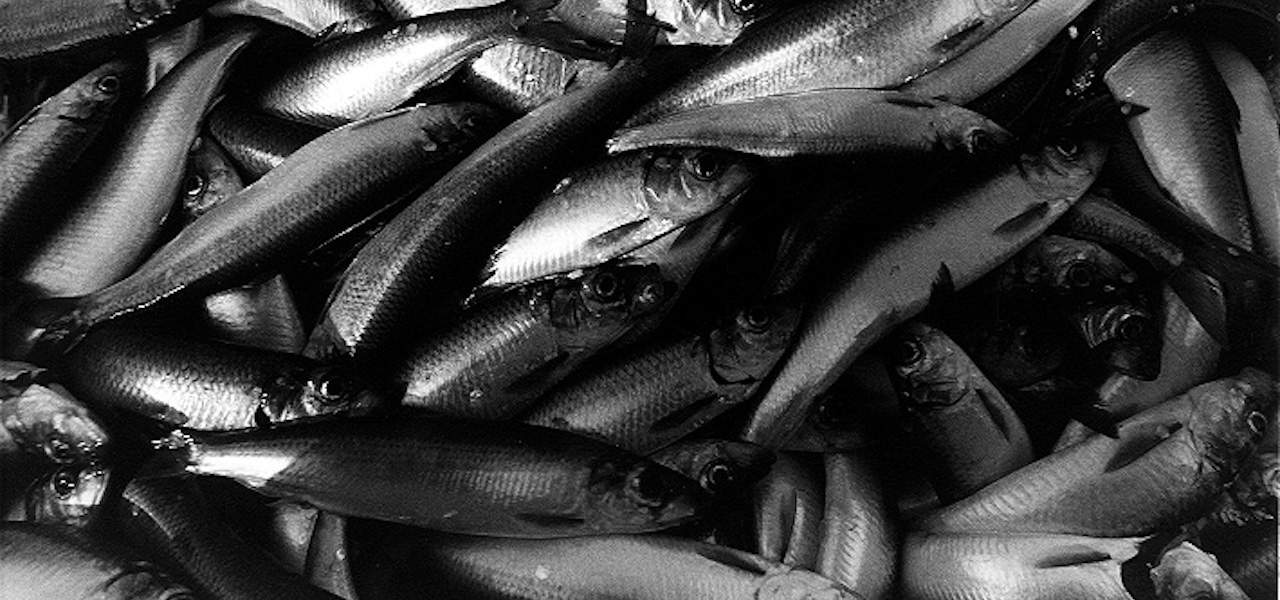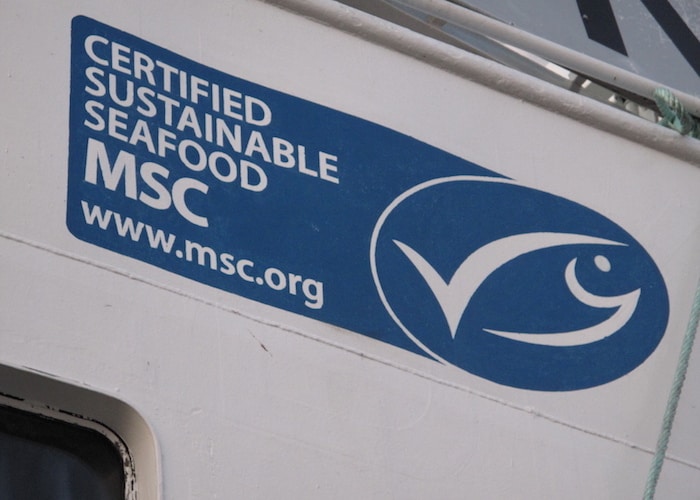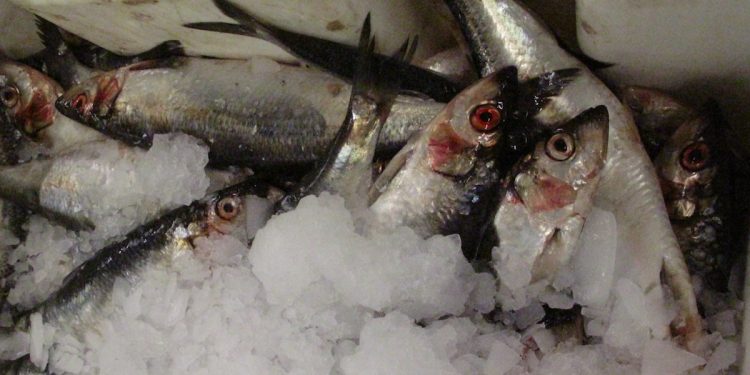North Atlantic fisheries for Atlanto-Scandian herring are threatened with the loss of crucial MSC certification due to what the MSC sees as longstanding failures to reach international agreement on catch levels.
The MSC’s warning has been issued ahead of national representatives coming together this month to discuss the division of next year’s fishery, which follows ICES advice for 2021 North Atlantic pelagic fisheries that was published recently.

‘Four MSC-certified Atlanto-Scandian herring fisheries in the Northeast Atlantic are at a high risk of losing their MSC certificates on 30th December 2020, due to lack of an international agreement on how to manage catch levels between different nations,’ the MSC states.
The Atlanto-Scandian herring fishery accounts for annual landings between 600,000 and 700,000 tonnes, equivalent to around 50% of the total MSC-certified herring catches. MSC-labelled herring is sold to consumers via supermarkets and fishmongers throughout Europe.
The MSC argument is that the fishery consistently exceeds scientific advice, due to what is described as ‘the absence of effective management – in particular, the quota sharing agreement between the coastal and fishing nations.’
The nations in question are the EU, UK, Iceland, the Faroe Islands, Norway, Russia and Greenland.
Catches of Atlanto-Scandian herring exceeded scientific advice by 32% in 2019, and are set to exceed the advice by much the same margin this year.
‘This means fisheries are now exceeding sustainability thresholds. If states are to align with the 2021 scientific advice from the International Council for the Exploration of the Seas (ICES) announced on 30th September, they will have to reduce their catches,’ the MSC states.

‘We urge the nations meeting in October to commit to a quota-sharing agreement in line with the scientific advice. Only this approach will help ensure the health of the herring stock in short, medium and long term. While individual fisheries often make great efforts to improve their sustainability, ultimately, they cannot do it alone,’ said The MSC’s Northern Europe Director, Erin Priddle.
‘Migratory species like Atlanto-Scandian Herring don’t observe national boundaries, so we need international agreements to manage whole ecosystems in an adaptive, scientific way, rather than managing fish resources on a national basis.’
She commented that independent assessors identified that the absence of a quota-sharing system could threaten the health of the stock and set a condition that nations must reach an agreement by 2020 for continued MSC certification.
‘This was stipulated in 2015, giving fisheries a five-year time frame to work towards. Due to a lack of progress on this condition, the fisheries are now at risk of losing their current MSC certificates,’ she said.
The MSC’s stance on Atlanto-Scandian herring also applies to the four certified North-Eastern Atlantic blue whiting fisheries, and for the same reasons – which were also the basis for the suspension of certification of mackerel fisheries in 2019, which has still not been reinstated.









